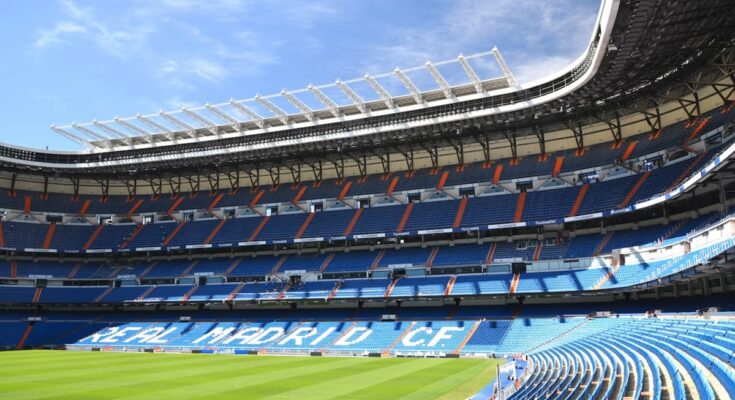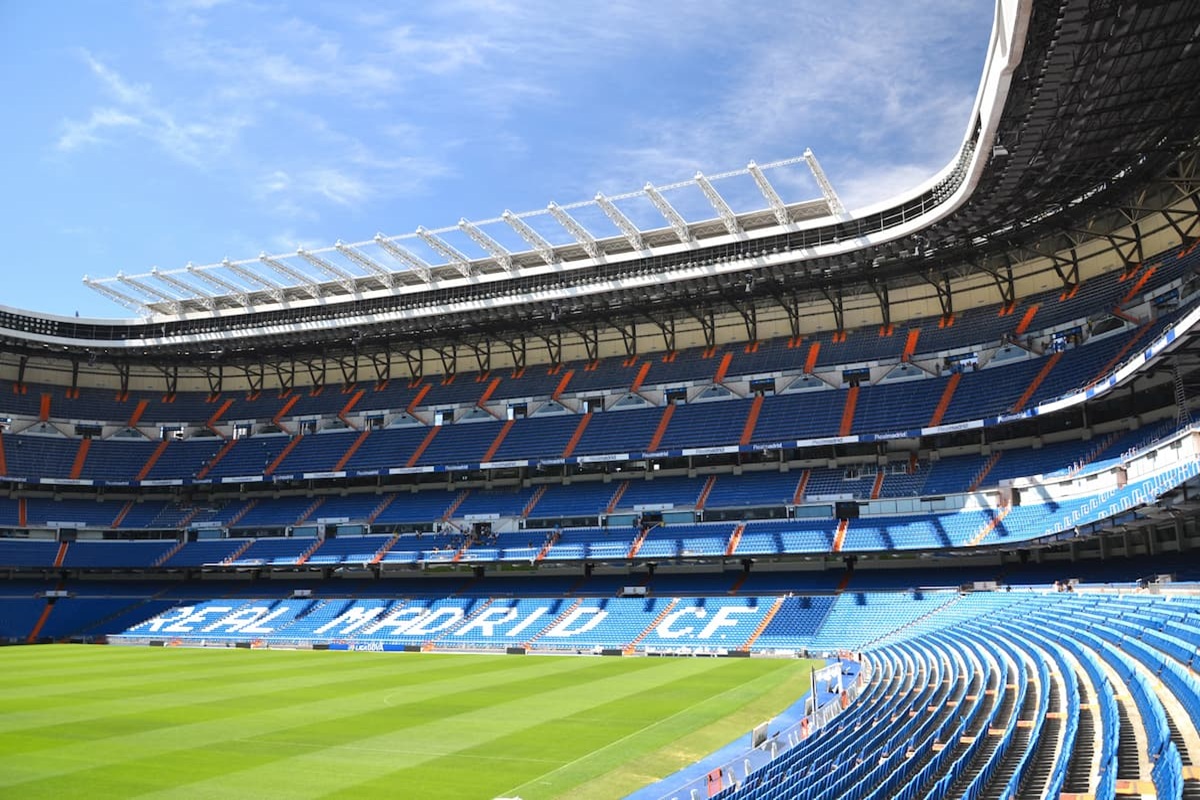For much of the 21st century, Spanish clubs have dominated European football. Between 2000 and 2020, La Liga teams regularly triumphed in both the UEFA Champions League and the UEFA Europa League, cementing Spain’s reputation as the strongest footballing nation in club competitions.
However, in recent seasons, the dominance of Spanish clubs has waned, with English and German teams making a stronger impact. As the 2025 season unfolds, many ask: Can Spanish clubs reclaim their European superiority?
A Changing European Landscape
Spanish teams such as Real Madrid, Barcelona, and Atlético Madrid have traditionally been European powerhouses. Real Madrid, in particular, has an unmatched record in the Champions League, winning 14 titles, while Sevilla has dominated the Europa League with seven trophies. However, recent years have seen Premier League clubs and Bundesliga giants stepping up, outspending and outmaneuvering La Liga teams in key matches.
For football fans looking to bet on the next Champions League or Europa League winners, top online betting sites are already offering odds on which teams will win. While English teams such as Manchester City and Liverpool are strong contenders, Spanish clubs still have a rich history and talented squads capable of making a deep run in Europe.
The Financial Challenges of Spanish Clubs
Financial instability is one of the biggest reasons for La Liga’s decline in Europe. Clubs like Barcelona and Valencia have struggled with debt, leading to restricted transfer budgets and difficulty in competing with financially stronger English clubs. In contrast, Premier League teams have benefited from massive broadcasting revenues, allowing them to invest heavily in player signings and wages.
Barcelona, for example, has had to offload key players and rely on free transfers due to their financial troubles. Meanwhile, Atlético Madrid has also been more cautious in the transfer market, unable to match the spending power of Manchester City or Paris Saint-Germain. To regain dominance, Spanish clubs must balance their finances while competing at the highest level.
The Role of Young Talents
La Liga remains a breeding ground for top young talent despite financial struggles. Spanish clubs have historically relied on youth academies, producing world-class players like Xavi, Iniesta, Sergio Ramos, and Iker Casillas.
Emerging stars such as Pedri, Gavi, and Lamine Yamal at Barcelona, Nico Williams at Athletic Bilbao, and Arda Güler at Real Madrid are expected to play a crucial role in Spain’s resurgence. If Spanish clubs can successfully integrate these young players into their first teams while keeping hold of experienced stars, they could once again challenge for European glory.
Tactical Adjustments: Can La Liga Adapt?
Football tactics have evolved significantly in recent years. While Spanish teams previously dominated with possession-based “tiki-taka” football, recent Champions League winners have focused more on pressing, physicality, and counterattacks.
Teams like Manchester City, Bayern Munich, and Inter Milan have successfully used high-intensity pressing and quick transitions to outplay La Liga sides. Spanish clubs must adapt and modernize their playing styles to remain competitive.
Real Madrid, for example, has transitioned from its traditional Galácticos strategy to a more balanced approach under Carlo Ancelotti. It blends experienced stars like Luka Modrić and Toni Kroos with young talents like Jude Bellingham and Eduardo Camavinga. If other La Liga clubs follow suit, they could become more competitive in Europe.
Can Spanish Clubs Compete With English Spending Power?
The Premier League’s financial dominance is one of the biggest obstacles for Spanish clubs in European competitions. While La Liga clubs have strict financial fair play regulations, English teams have been able to spend hundreds of millions on transfers, strengthening their squads with world-class talent.
However, Spanish clubs have an advantage in developing talent and finding bargain transfers. Real Madrid’s successful signing young stars like Vinícius Júnior, Rodrygo, and Endrick for relatively low fees has given them a competitive edge. If other Spanish clubs can replicate this model, they may be able to compete without overspending.
The Importance of Stronger Domestic Competition
Another key factor in Spain’s European revival will be stronger competition within La Liga. Real Madrid and Barcelona have remained dominant domestically in recent years, but the gap between the top teams and mid-table clubs has widened.
In contrast, the Premier League’s intense competition ensures that English teams remain battle-hardened for European challenges. If Spanish teams outside the traditional big three—such as Real Sociedad, Villarreal, and Athletic Bilbao—can become more competitive, it will better prepare La Liga’s top clubs for the demands of the Champions League and Europa League.
The Road to European Glory in 2025
Looking ahead to the 2025 Champions League and Europa League campaigns, several Spanish clubs have the potential to reclaim European dominance:
- Real Madrid is always a favorite, and their mix of experience and young talent makes them a serious contender.
- Barcelona – If they can resolve their financial issues, their talented young squad could return them to the top.
- Atlético Madrid – Diego Simeone’s side remains a dangerous team capable of upsetting opponents.
- Sevilla – As Europa League specialists, they are always a threat in European competition.
- Real Sociedad & Villarreal – These teams have shown they can compete at the highest level and could be dark horses.
Conclusion
While Spanish clubs have struggled to dominate European competitions in recent years, they are still capable of a resurgence. Financial difficulties, tactical evolution, and Premier League competition have created obstacles, but La Liga clubs’ rich talent pool, strong footballing culture, and historic pedigree cannot be underestimated.
For Spanish teams to return to the top, they must balance financial stability, invest in young talent, and adapt their playing styles to match Europe’s best teams. If they succeed, we could soon see La Liga giants lifting Champions League and Europa League trophies again.
Source link




